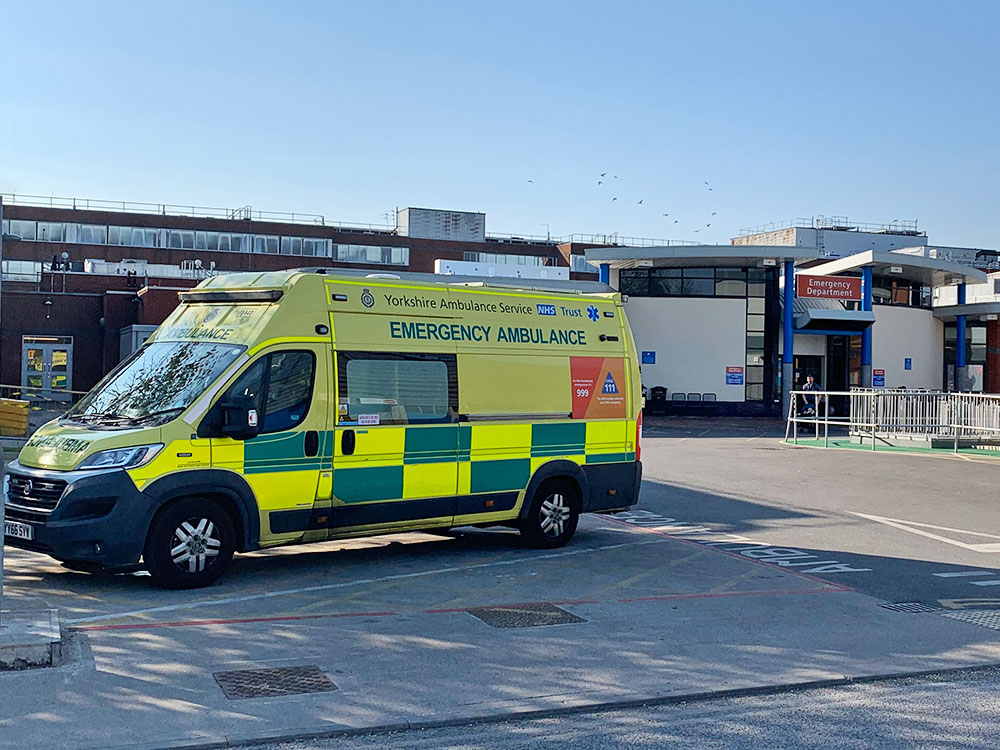Yorkshire ambulance workers and other NHS staff will strike on 21 and 28 December in a row over pay, unions have announced.
The GMB, Unison and Unite are co-ordinating industrial action across England and Wales after accusing the Government of ignoring pleas for a decent wage rise.
The first strike will happen a day after members of the Royal College of Nursing stage their second walkout, also over pay.
The GMB said more than 10,000 ambulance workers across nine trusts in England and Wales will strike, including 1,500 from Yorkshire Ambulance Service.
Paramedics, emergency care assistants, call handlers and other staff will also walk out on 28 December.
GMB representatives will now meet with individual trusts to discuss requirements for life-and-limb cover.
Rachel Harrison, GMB national secretary, said: “After 12 years of Conservative cuts to the service and their pay packets, NHS staff have had enough.
“The last thing they want to do is take strike action but the Government has left them with no choice.
“Health Secretary Steve Barclay needs to listen and engage with us about pay. If he can’t talk to us about this most basic workforce issue, what on Earth is he Health Secretary for?
“The government could stop this strike in a heartbeat – but they need to wake up and start negotiating on pay.”
Ambulance crews in Unison working for five services in England, including Yorkshire, the North West, North East and South West – will strike.
Unison said its strike, involving paramedics, emergency care assistants, ambulance technicians and other 999 crew members, will run from noon to midnight.
The ambulance workers are to be joined by Unison nurses, porters, healthcare assistants, cleaners and other NHS workers at two Liverpool hospitals, who will also take action that day.
Unison’s head of health Sara Gorton said: “The Government will only have itself to blame if there are strikes in the NHS before Christmas.
“Ambulance staff and their health colleagues don’t want to inconvenience anyone but ministers are refusing to do the one thing that could prevent disruption – that’s start genuine talks about pay.
“Wages are too low to stop health workers quitting the NHS. As more and more hand in their notice, there are fewer staff left to care for patients.
[tptn_list limit=3 daily=1 hour_range=1]
